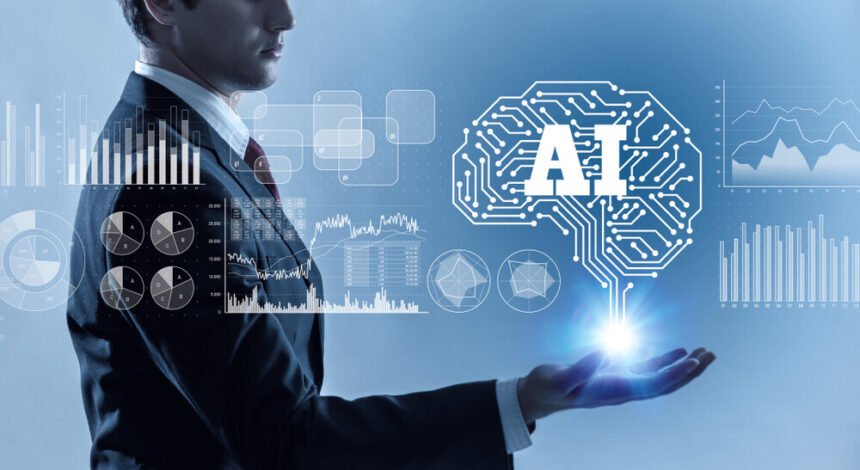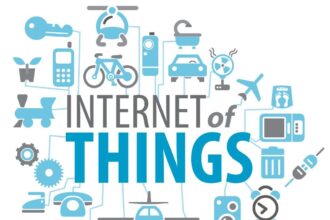It goes without saying that everybody is interested in adopting Artificial Intelligence and that too on a larger scale. However, based on global surveys, almost 70 percent of newer startups aren’t using a lot of AI tools with their absence having minimal impact on the growth of the concerned organizations. That said, while some aren’t sure about the effectiveness of this technology, we feel that this untapped resource isn’t being utilized in a desirable manner. This is why we thought of sharing our insights regarding the latest and upcoming AI trends that could be strategic inclusions, especially in the next few years to come.
What to Expect in 2020 and Beyond?
Artificial Intelligence will only be able to make the necessary inroads if enterprises can realize the best implementation strategies leading to the same. Their impact on the C-Suite and even the organizational ROI is expected to make people realize the importance and that too on a much larger scale. Most importantly, the trends in 2020 and even beyond hold a lot of optimism for AI and we will be discussing the same in the subsequent sections:
AI will become Smarter
Despite being a smart and resourceful technology, AI still requires a bit of fine-tuning, especially in regard to catering to the perfect audience base. In the upcoming days, we should let go of the predefined outputs which have restricted the potential of AI, in many ways. Firstly, AI, has always been deemed as a balancing tool between fixed, corresponding, and restricted inputs. Therefore, the AI machines have always been trained to rely on outputs, more than anything else. AI, in the next few years would be more of a self-learning technology and therefore will become extremely smarter. With the conventional dimensions broken, it would be easier to pair AI with any industry, regardless of the spread and magnitude of the same.
This positive impact of an improved AI schema will be felt across diverse industries and verticals, including the insurance specific arena. With the entire AI module becoming self-learning in nature, it would be easier to identify the best Seniors’ Life Insurance Finder, Car insurance plans, and other resources for getting the future secured. Self-learning AI would therefore analyse the requirements in advance, based on the browsing history and will only come up with the relevant results.
Minimal Mistakes
Needless to say, AI programs are artificially designed and therefore prone to mistakes. However, in the next few years we will self-correcting AI programs that would learn and rectify things based on the surroundings. With AI slowly getting introduced in critical and essential domains like banking, transportation, and medicine, it is a matter of time that instant justifications and adjustments are made whenever corrections are needed.
The approach, would, however, involve enhancing the neural networks without affecting the performances, negatively. The future holds all the cards for the Explainable AI which would include the ethics, moral, and explanatory part of the process.
Self-Powering AI Environment
AI, in the days to come, will become the newest operating system for the business. This would bring in the concept of Operationalization and the role of AI, in regard to managing the same. AI tools would initially make way for Model Deployment followed by Model Serving, Collection of Metrics, Monitoring of Performances, Analysis of the Results and existing Errors if any, and the Retraining of the deployed model.
Streamlined B2B
AI has a role to play in improving Business to Business proceedings. However, extending the overall role of AI, in regard to managing complex business models, is expected to get fine-tuned in the days to come. With B2B complexities streamlined, it would be a matter of time that all the intuitive steps towards success are handled with reasonable ease. In simpler words, we can expect data-driven strategies to amplify in future with AI being able to take diverse organizational capabilities and strengths into contention.
Arrival of Hyper-Automation
Based on reports released by Gartner, Hyper-Automation is expected to be one of the most path-breaking technological trends for the year 2020. Put simply, this AI use case creates more like a digital identity for an existing enterprise, in the form of a digital twin that works at a similar pace. This inclusion will also make way for Intelligent Business Processes, Robotic Process, and other forms of Automation.

As mentioned, AI will have an integral role to play in the existing technological landscape, especially going into the future. With intelligent chatbots on display, the AI tools will further improve in the future, precisely by attending to diverse and complex queries of the customer while offering timely responses to each one of them. However, this will not be a random process and would require some time. AI, as a futuristic concept, must be given some time to include self-learning into the mix. Only then will it be able to offer innovative solutions to the individuals while minimizing inputs and expanding outputs, almost miraculously.










